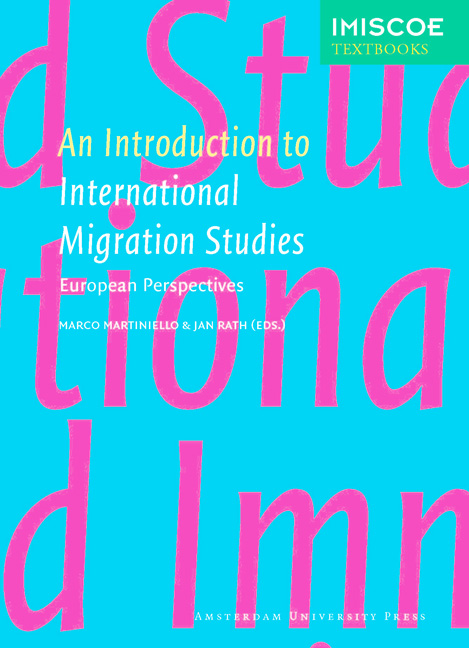14 - Whither EU Immigration After the Lisbon Treaty?
Published online by Cambridge University Press: 14 January 2021
Summary
Introduction
The European Union's new constitutional framework, the ‘Treaty of Lisbon’, entered into force on 1 December 2009 after ten frustrating years of negotiation and debate. The Treaty makes deep and lasting changes to the way the EU operates and its approach to fundamental rights. Among the modifications introduced, the new legal framework has major consequences for immigration and asylum law and policy.
Fast on the heels of the Lisbon Treaty came the Stockholm Programme, which sets out medium-term priorities for the EU in the area of freedom, security and justice. This is the policy field where immigration lies as well. The current chapter examines the significance of the Lisbon Treaty for EU immigration law and policy. In short, it makes two observations regarding the Treaty's impact:
– The Lisbon Treaty lifts the limitation on access to the European Court of Justice by all levels of national courts for disputes related to borders, immigration and asylum. This will dramatically accelerate the harmonising effect of EU law in this field.
– The Treaty gives legal force to the Charter on Fundamental Rights. This will be felt quickly in the area of immigration if the experience of the European Court of Human Rights is any indication. Already, human and fundamental rights have become a source of friction between member states and third-country nationals (i.e. nationals of states outside the EU) in conflicts extending beyond the national courts of member states.
The Lisbon Treaty's impact on immigration policy is likely to be greatest in areas that are sensitive in member states due to sovereignty concerns. This means that the ‘front-page’ effect of EU immigration law is not likely to diminish in the coming years.
The Lisbon Treaty and powers in respect to immigration
The Lisbon Treaty is composed of two treaties (and their protocols and declarations). The first is the new Treaty on the European Union (TEU), which establishes the central provisions for the structure of the European Union and contains the rules about how the EU operates. The TEU will be important when the position of the Charter of Fundamental Rights in EU immigration is discussed. The other treaty that is part of the package is the Treaty on the Functioning of the European Union (TFEU).
- Type
- Chapter
- Information
- An Introduction to International Migration StudiesEuropean Perspectives, pp. 329 - 350Publisher: Amsterdam University PressPrint publication year: 2012



